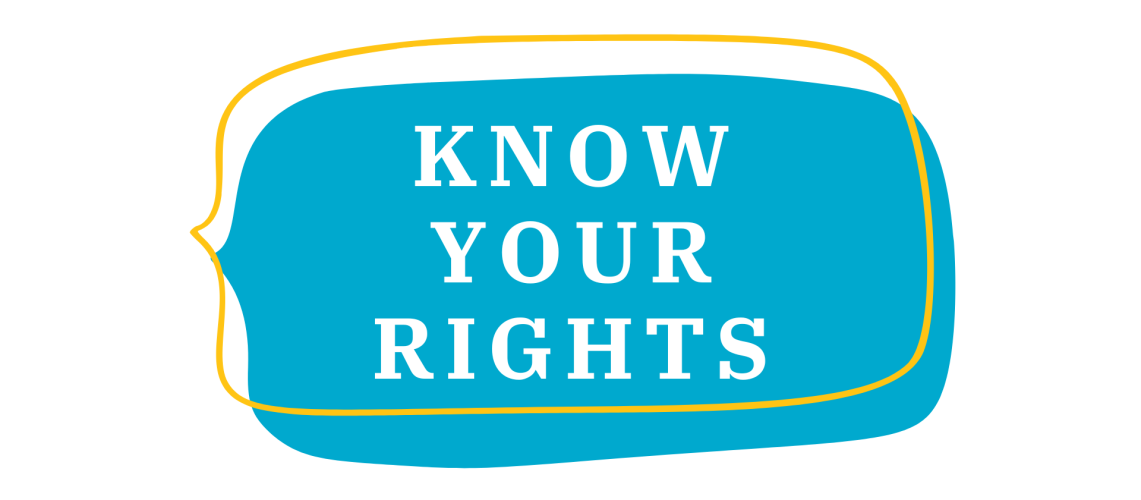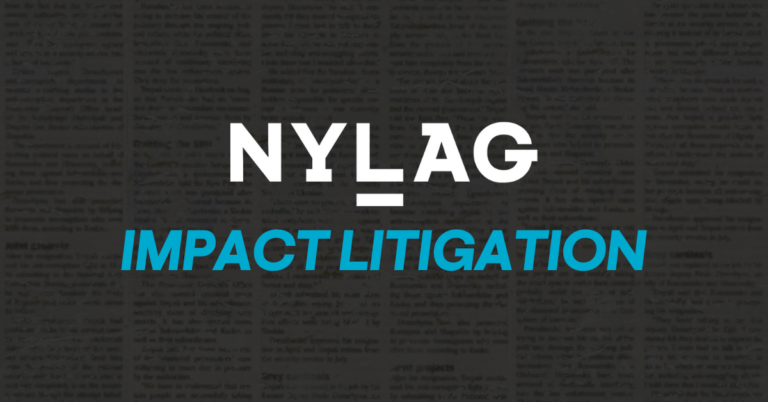By: Daphne Schlick, Director of Consumer Protection Unit
Abusive, deceptive, and unfair debt collection practices can wreak havoc on anyone’s life, but also exacerbate the hardships faced by people already experiencing financial difficulties. The repercussions can go beyond mere financial strain to impact a person’s future opportunities and even basic life necessities. This Consumer Protection Awareness week let’s delve into four frequently asked questions and their answers about consumer rights.
FAQs for Consumers: Understanding Your Rights
1. What should I do if I receive court papers in the mail stating I’m being sued on a debt?
If you receive court papers in the mail stating you are being sued, or there’s a lawsuit against you, DO NOT IGNORE it. Instead, check the papers for the date you have to appear in court and make sure to show up for court on that date. Failure to show up in court may result in the plaintiff winning the lawsuit by default.
2. Should I be worried if I’m being sued for a debt? How do I respond?
If you are being sued for debt, do not lose hope; you likely have defenses. The legal burden of proof is on the debt collector to demonstrate that you owe the debt, not on you to prove you don’t. Seek assistance to effectively respond to the lawsuit. Usually, you only have 20 or 30 days to respond to the lawsuit, so act fast. You can go to the courthouse listed and ask for assistance in answering the lawsuit, or you may be able find a free attorney here: https://www.lawhelp.org/
3. How often should I check my bank account?
Sometimes there can be a money judgment against you that you do not know about. Because of this, it is always a good idea to regularly check your bank accounts to make sure no money has been taken out. Also, carefully monitor your paycheck to ensure your wages are not being garnished without your knowledge. If you find out your bank account is frozen or notice your wages garnished, do not ignore these signs. Try to get help or at least follow up with your employer or your bank to find out what is causing these actions.
4. Do debt collectors have the right to take all my income earnings from my bank account?
No, some income is exempt from debt collection. Most government benefits cannot be taken by debt collectors, such as social security benefits, disability benefits, child support, unemployment benefits and more. As for regular income, if you have less than $3,840 in your bank account that contains no government benefits, or less than $3000 in an account that does have government benefits, these accounts cannot be frozen or have money taken out of them by debt collectors. In other words, you have rights and protections against debt collectors, so consult an attorney.








